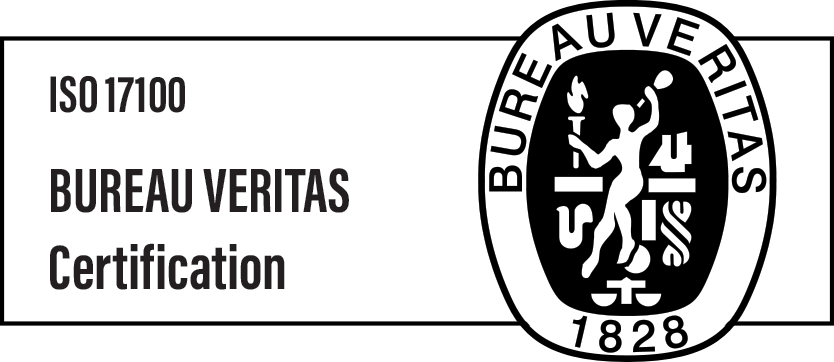Looking for a Polish translator? Here’s how to ensure you get the quality you deserve!

When you’re looking for help with translations, choosing the right Polish translator can make all the difference. If you’re new to the world of translations, or you’re used to ordering Polish and would like to know more about the translation process, here’s a little guide we’ve put together that’ll help you and your Polish translator become a match made in heaven!
Choose a professional Polish translator
No matter what you need your Polish translator for, it’s super important you use a professional. Polish is a really hard language, and believe it or not, even native speakers have trouble with our complex grammar. So, if you think it’s easier to get Ewa from accounting to translate your marketing brochure, think again. While yes she is a native speaker, non-professional translations are really obvious to Polish consumers, and that, in turn, will damage your brand. You see, us Poles are a little bit sad and we love grammar. We even have internet forums dedicated to typos of grammar mistakes, so if your translations aren’t 100% perfect, you can really risk your brand’s reputation.
Anyway, back to choosing a professional Polish translator! Make sure you use someone who’s studied languages and has a degree in translation. You can use an agency like us, or you could go for a freelancer. If you go for the latter, just make sure that they’re qualified and got professional credentials (e.g. ITI).
Specify what you need
While translation terminology is pretty standard, there are very slight differences in the ways Polish translators work. So, when you’re using someone new make sure that you spell out exactly what you need. You need to tell your translator:
- The purpose of the translation
- Who your target audience is
- How it’s going to be used e.g. print, web content, internal document etc.
- And if you’re going to be adding graphics at a later stage.
By explaining all of this, they’ll be able to meet your needs and no misunderstandings happen.
Don’t make changes to the source text once the translation has started
Something really important to remember is that you should always send a 100% finalised text for translation, and do all you can to ensure that no changes will be made once the translation has started. Not only will this incur extra costs as you might have to get finished translations edited if the source text has changed, but it’ll make your Polish translator’s life a lot more difficult.
Sometimes your Polish translator might need a hand!
Sometimes, your Polish translator might need some help understanding the context of something. It’s not that the translator isn’t very good, the reason they’re asking questions is that sometimes there’s more than 1 way to translate something into Polish, so the more info they have, the more accurate the translation can be. So, be ready to help and answer your translator as soon as you can 🙂
Tips for LSPs looking for a Polish translator
If you’re from a translation agency and you’re looking to recruit a Polish translator, there are a number of things you can do that will improve the quality of the translations you order. First of all, make sure you don’t use too many placeholders e.g. “please contact {0}”. The problem with Polish is that words often need inflection, and the placeholders get in the way.
Next, make sure that you take QA reports with a pinch of salt. Sometimes because of the way the Polish language is, it can cause QA software to have a bit of a hissy fit – but if you take a look at the errors, you’ll see they’re just the software being silly.
You can also create a glossary to help your Polish translator with terminology. It’s not as much work as it sounds – and here’s a guide we’ve prepared to help you out!
Plus, as we mentioned above, make sure you spell out what you need. Each LSP has slightly different workflows so the first time we work together, please let us know what you have in mind. For example, some LSPs need 2 linguists for TEP, some need 3 – and some have different definitions for proofreading, revision, and review.
Getting your text reviewed? Make sure it’s done by a native!
Again, just like mentioned above, if you want to review your Polish translators work that’s totally understandable! But if you do so, make sure they’re native. If you use a non-native speaker some of the idioms, for example, might look a bit weird to them which is why you could risk flagging errors that aren’t actually problems.

